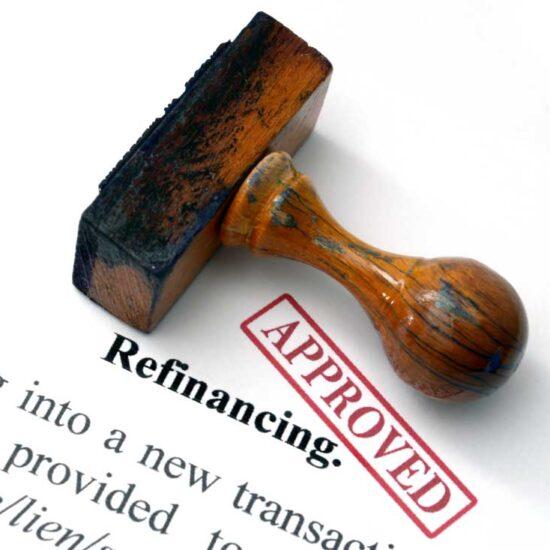
By Tina Howes, SmartMove
Over the years I’ve often been asked the question of how important the loan interest rate is – and the answer is really quite simple.
The interest rate is important, of course it is, but it’s not everything. While there are pros and cons to everything in life, online or lenders offering super cheap rates can be problematic and have drawbacks that you haven’t considered.
10 reasons not to use the cheaper lenders
- They won’t always keep that rate the cheapest through the life of your loan. The minute the official cash rate increases, they quickly increase their own rates too. This means that they can lure new borrowers in with lovely low rates whilst their existing customers pay the penalty.
- You as the borrower won’t always have access to a branch or an actual real person to speak with. This convenience has a price. Sitting on hold for two hours waiting to speak to a customer service officer has a cost… to you.
- They won’t always have up-to-date technology. Remember that they’re cutting costs at every turn to keep the rates so low, so this means their internet platform may be inferior, and your day-to-day banking could be simply harder to deal with.
- Their fraud technology may not be the greatest. Fraud and identity theft is more and more common these days. If someone hacks in to your banking profile, some banks are better equipped to identify the theft and stop it before it becomes too problematic. The lenders that invest in that technology are usually not the cheapest.
- They can have a very slow turnaround time. While the low interest rate may be “oh so very appealing”, it literally means nothing if you can’t meet settlement deadlines, or it takes months to refinance.
- You may not be able to have an offset account, or the bank won’t offer multiple offset accounts. This multiple offset feature is very underrated. The ability to split your banking, and to manage your finances with separate accounts can save you thousands over the years, more than you’d save on the cheaper interest rate.
- They may have a credit policy that is more limited and more restrictive. You may be borrowing less than you otherwise could have due to their risk averse credit policies. Borrowing less can mean a lesser value property that perhaps only suits you for a couple of years instead of the next decade.And then what happens if you require a higher loan-to-value ratio loan? Their restrictive lending policies may not allow this. Buying a less than ideal property and having to sell before you have recouped your expenses will cost you far more than buying the right property that suits you for more years, or one that can be improved.
- It can be problematic if you’re buying a “unique” property, something that may be more rural or regional, or you need a construction loan, or indeed if you are a bit unique yourself. Often to get approved for a cheaper loan with one of these lenders, you’ll need to be a “vanilla” customer (so, not self-employed or on a contract or part-time) with a PAYG job and buying a standard residential property.
- They may have an inferior approval process. This can include not allowing upfront valuations, whereby the application may be approved subject to valuation, and then after a long assessment process, find out the valuation is less than purchase price, or there is insufficient equity to refinance. Or they require so many levels of approval with a wait time in-between each step, adding time and frustration to the process.
- That lender and that rate may suit you now but may not be able to grow with you. Will they let you extract equity from your property with any type of structure? Beware of low cost online providers that will not let you have an equity extraction loan against your home or require a contract of sale to use the equity. This can be problematic if you need these funds to pay a deposit and act quickly when you find that ideal next property.
Tina Howes
Mortgage & Finance Advisor
SMSF Specialist
Commercial Banking & Small Business Specialist
Main image: Freepik

Disclaimer: This article contains information that is general in nature. It does not consider the objectives, financial situation or needs of any particular person. You need to consider your financial situation and needs before making any decisions based on this information. This article is not to be used in place of professional advice, whether in business, health or financial.






